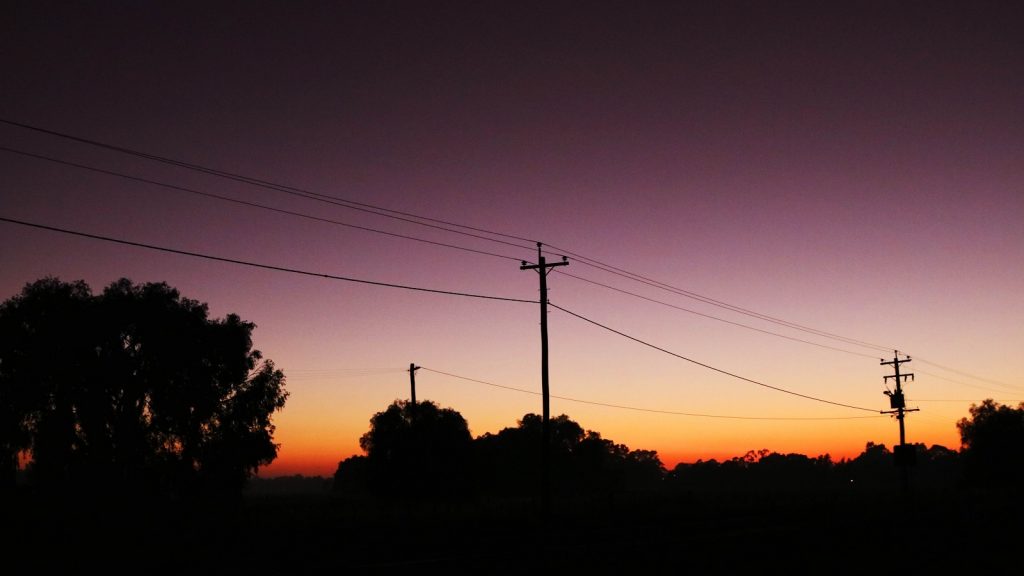With youth unemployment above 60 percent, South Africa is betting on digital skills to drive inclusive growth. Here is how MICT SETA is positioning the next generation for the Fourth Industrial Revolution.
Is SA business prepared for a national blackout?

A national blackout is something most businesses in the country and abroad do not want, as even the thought of its possibility, adds a few stress lines to any finance department.
This is something the South African business sector must prepare for, says David Lipton founder and CEO of GlobalCom Africa, following the country being plunged into stage 6 load shedding.

The real risk is complete grid failure which may result in an unprecedented total blackout, with a devastating impact on business, safety, and food security.
Lipton says businesses providing essential services have an ethical obligation to ensure they have contingency plans in place for their organizations to be best equipped to navigate crises.
Essential businesses have the capability to bring calm and stability to the chaos – if they are prepared. If South Africans have access to food, water, fuel, and emergency health services, fear will subside.
“During the recent State of the Nation Address (SONA), South Africans heard of government’s plan to end load shedding, and its commitment to bringing substantial new power through private investment onto the grid to reduce load shedding. While it is comforting to know plans are in action to stabilize the current energy crisis, there is a lack of realism observed for business continuity in the face of a national blackout. South Africa was then thrust back to Stage 6 load shedding, almost immediately after SONA concluded,” explained Lipton.
The business sector must be realistic to prepare for grid failure, by adopting proactive measures to safeguard against potential crises.
While Stage 8 load shedding remains as an imminent risk, the real crisis is complete grid collapse, which would throw the country into an entirely different state, with a devastating impact on business, safety, and food security.
“In the case of a national blackout, the first couple of days will be the calm before the storm, where those with backup power can sustain communications and still obtain food and fuel. It is the two to three weeks it will take to bring the country back onto the grid, that is critical. During this time, the supply of essential goods and services will have to be maintained, to limit chaos and panic,” he says.
“With the loss of electricity, fiber and cell phone towers, fear will set in. That’s when we’re at risk of looting and mass panic. However, essential businesses have the capability to bring calm and stability to the chaos – if they are prepared. If South Africans have access to food, water, fuel and emergency health services, fear will subside,” claims Lipton.
“This cannot be done if companies have no communication. Even with continuous power supply or backup power such as solar, there’s no use for a cell phone that has power, but no network,” says Lipton.
Also read: Is coexistence between humans and AI possible long term?

